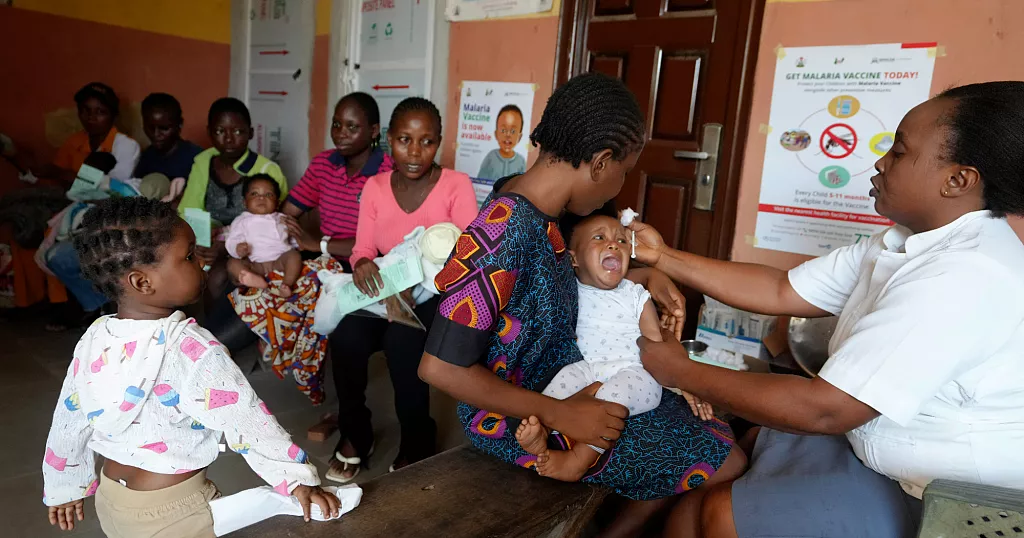The ADHFP initiative demonstrates that even a system burdened by decades of underinvestment can be revitalised through visionary leadership and coordinated effort
In today’s interconnected world, access to quality healthcare is a global imperative. As nations grapple with escalating healthcare challenges—from ageing populations in developed countries to systemic underfunding in emerging economies—primary healthcare remains universally recognised as the foundation upon which resilient health systems are built. Yet in many parts of the world, including Nigeria, decades of neglect have left millions without even the most basic medical services.
Across continents, innovative approaches have emerged to address these disparities. In high-income countries, technological advancements and integrated care models have revolutionised patient outcomes. Meanwhile, in low- and middle-income settings, community-based interventions and public-private partnerships are becoming the beacon of hope. Nigeria, often described as the “Giant of Africa,” stands at a critical juncture in its quest to provide accessible, quality healthcare for all its citizens.
At the heart of Nigeria’s struggle lies a paradox: despite the existence of over 30,000 primary healthcare centres (PHCs), only a fraction are equipped to offer even the most essential services. Long waiting times, inefficient record keeping, and dilapidated facilities are daily realities that compromise the health and well-being of countless Nigerians—especially those in rural and lowincome communities.
Enter the Adopt-A-Healthcare-Facility Programme (ADHFP), a groundbreaking initiative that is reshaping Nigeria’s health landscape. Conceived by Aigboje Aig-Imoukhuede, Founder of the AigImoukhuede Foundation, and driven by the Private Sector Health Alliance of Nigeria (PSHAN), ADHFP is turning the tide on a struggling system. By committing to adopt and standardise at least one global standard Primary Health Care (PHC) facility in every local government area, the programme is setting in motion a model of sustainable, community-driven healthcare reform.
What makes ADHFP so remarkable is its dual strategy. In some regions, the programme is constructing new facilities from the ground up—a bold “greenfield” approach—while in others, it is rehabilitating and modernising existing centres through a “brownfield” model. Both methods are tailored to meet the unique needs of local communities and are supported by robust multi stakeholder partnerships that pool resources, expertise, and accountability.
The ADHFP initiative demonstrates that even a system burdened by decades of underinvestment can be revitalised through visionary leadership and coordinated effort. In Edo State, the Aig-Imoukhuede Foundation is at the forefront of this revitalisation, having adopted a total of 23 PHCs—four of which have been fully revitalised—with additional projects well underway to improve the quality and accessibility of healthcare for citizens. Emphasising sustainability, the Foundation has also launched a comprehensive five-year plan to ensure that every adopted PHC continues to operate efficiently and meets evolving community needs. Nationwide, ADHFP has successfully led to the adoption of 215 PHCs, marking a significant step forward in enhancing healthcare services across the country. This proactive approach not only sets a new benchmark for healthcare delivery in Nigeria but also demonstrates the power of targeted, sustainable intervention in reshaping public services for the better.
More broadly, ADHFP is a compelling example of how private sector engagement can catalyse public good. In a global context where the challenges of healthcare access are as diverse as they are complex, the innovative model offers valuable lessons. It demonstrates that with a clear strategy, targeted investments, and a steadfast commitment to excellence, systemic change is not only possible—it is within reach.
As the world continues to seek solutions to its most pressing health challenges, Nigeria’s primary healthcare transformation journey stands as an inspiring reminder that leadership matters. The pioneering work of PSHAN through ADHFP is a testament to the power of collective action and strategic innovation, offering a beacon of hope for Nigeria and for every nation striving to ensure that quality healthcare is a universal right.







OTHER ARTICLES
Editorial — Prevent, inform, and act for women’s health in Africa
Kenya : Government Prioritises Maternal Health and Strengthens Support for Community Health Promoters
Strengthening pandemic prevention, preparedness, and response capacities in Senegal using the “One Health” approach